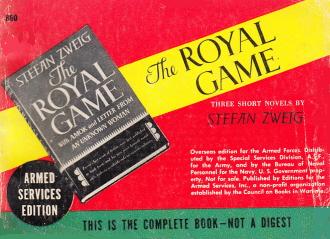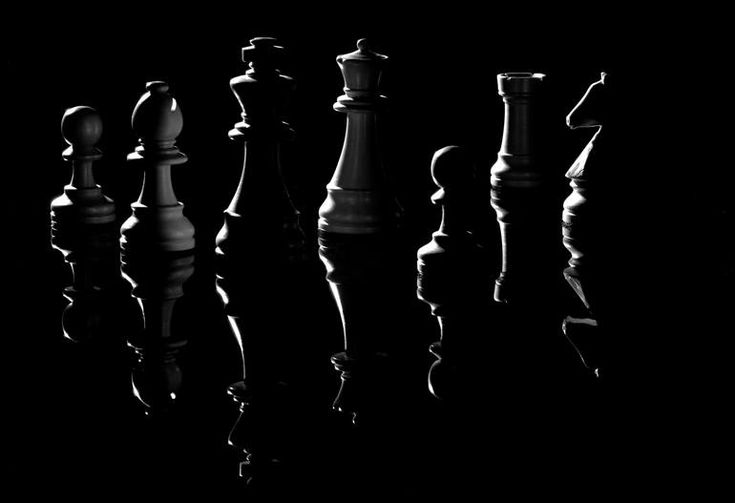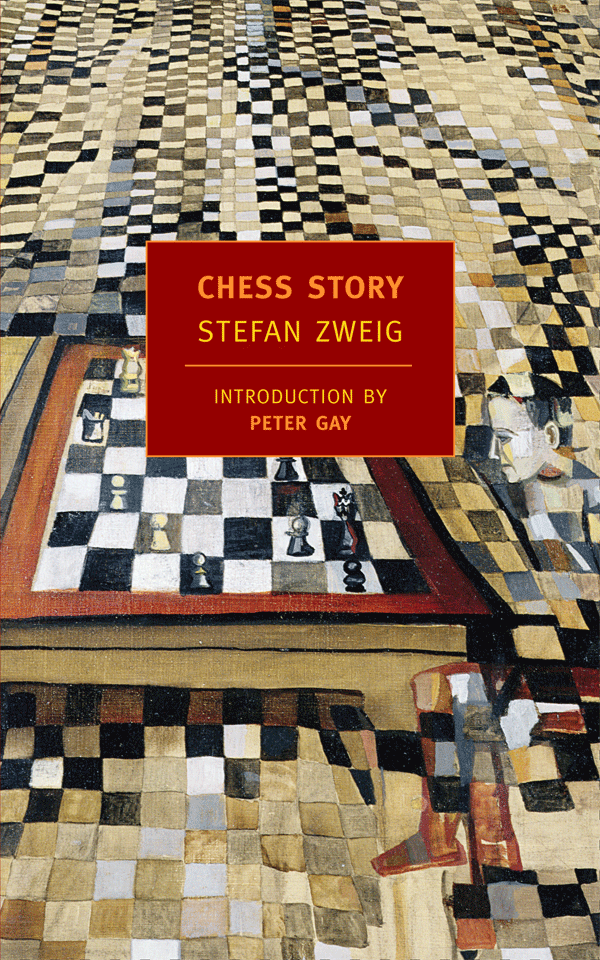


Josef’s newspaper headlines a call for everyone to vote “No” on the referendum to be held that week on merger with Germany. But in their spartan cabin, Josef, traveling under the name “Max,” is taken back to 1938, the day of The Anschluss. Their fellow passengers appear to be swells, the “dress for dinner” type. “How was it ‘back then?'” he asks, and she reassures him of the glories of pre-war Vienna. She prattles on but he has a hard time summoning anything to say. A shellshocked Bartok meets his loving wife ( Birgit Minichmayr) as they’re about to clear customs. The framing device is an ocean voyage, passengers boarding a liner from Rotterdam, bound for America. “You must be either very proud or very wealthy,” a stranger wonders. But even after all he goes through, he retains his wit. Bartok, played by Oliver Massuci of “Look Who’s Back,” a Hitler-mocking comedy, and a member of the “Fantastic Beasts” universe, is a rich, entitled man headed for a great fall. “As long as Vienna keeps dancing, the world can’t end,” he purrs in (subtitled) German to his wife, Anne, on the ballroom dance floor. Bartok lets us hear, it is damned quotable.

It’s a showcase of the film-friendly glory that was Zweig, a lush period piece about Vienna as the Nazis takeover, a cryptic story of money, character, guilt and chess. His symbolic and moving psychological drama “Chess: A Novel” was filmed as “Chess Story,” titled “The Royal Game” when it was released in Europe. When you write compact, moving and atmospheric novels filled with pithy dialogue, filmmakers will beat a path your door. Scores of his books and stories have become films, his play “Volpone” has been filmed several times, and Wes Anderson gave him a deserved “inspired by” credit for his glorious “Grand Budapest Hotel.”

His novella, “Letter from an Unknown Woman” became one of the great screen romances and one of the loveliest films ever shot in black and white thanks to Max Ophüls’ 1948 treatment. The early 20th century Austrian novelist Stefan Zweig has had a pretty good run when it comes to adaptations of his work into film.


 0 kommentar(er)
0 kommentar(er)
